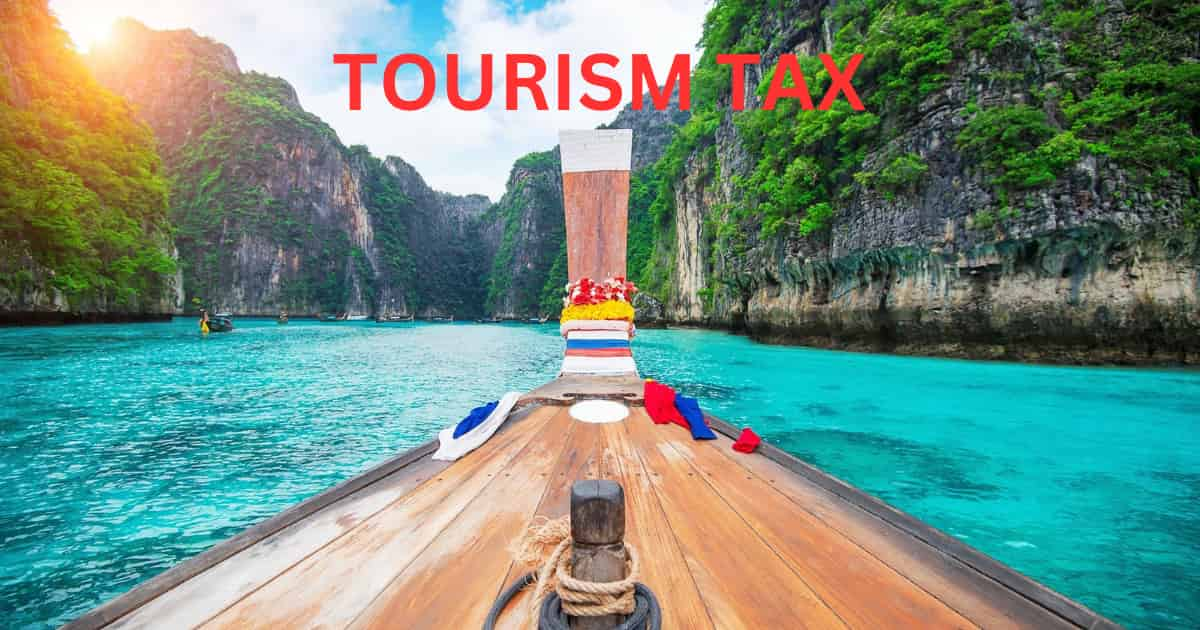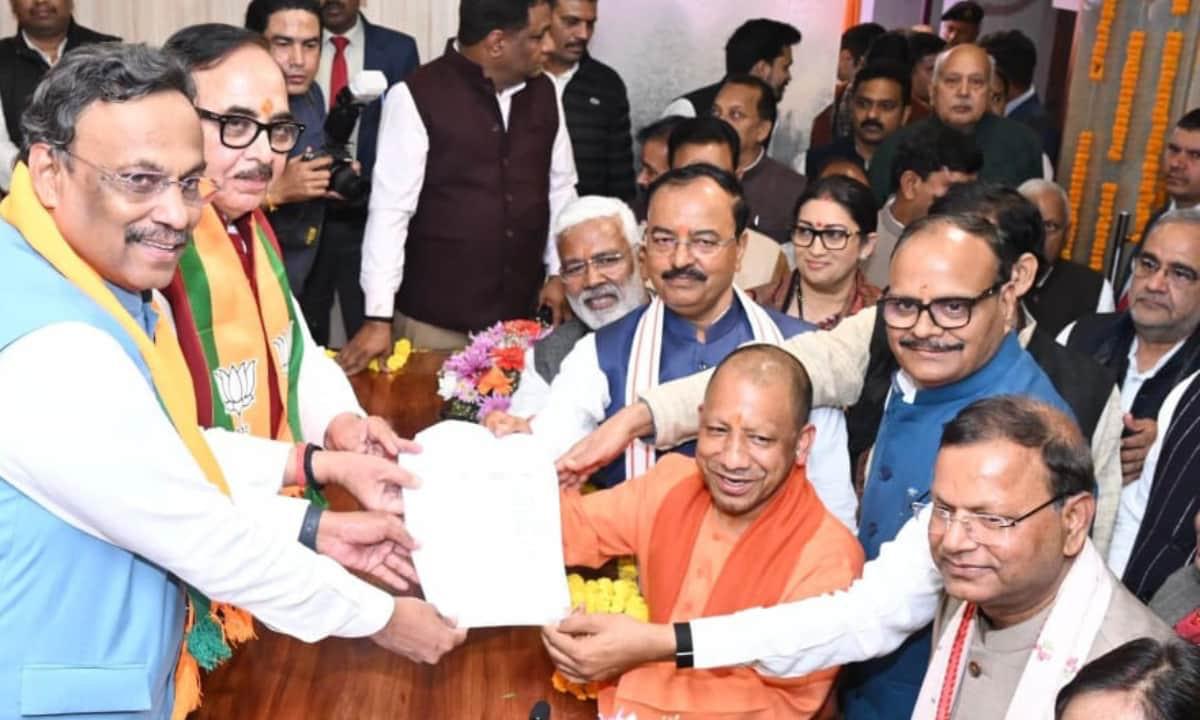
Thailand's new Tourism Minister, Sorawong Thienthong, has proposed reviving the previously suspended 300 baht (approximately ₹750) tourism tax, according to a report by Business Standard. This move follows his recent appointment on September 16, 2024, and reflects his commitment to significantly increasing the nation's tourism revenue this year.
Background and Rationale
The tourism tax, initially approved by the Thai cabinet in 2021, was put on hold by the previous administration led by Prime Minister Srettha Thavisin. The decision to suspend the tax was driven by strong opposition from the private sector, which raised concerns about its impact on tourism. However, Minister Sorawong believes that the tax can be a vital tool for enhancing Thailand's tourism infrastructure and ensuring the safety of tourists.
Sorawong stated, "I believe the collection of tourism fees benefits the tourism industry since the revenue can be used for the development of infrastructure and attractions, as well as to ensure tourist safety." Despite his firm stance, he acknowledged that further evaluation is needed before implementing the tax.
Tax Structure and Exemptions
Under the proposed tax structure:
- For air traveLlers: The fee will be 300 baht (around ₹750).
- For travellers arriving by land or sea: The tax will be 150 baht (around ₹380).
Certain groups will be exempt from this tax:
- Children under the age of two
- Transit passengers
- Diplomatic passport holders
- Individuals holding work permits
The aim is to generate additional revenue that will be reinvested into the tourism sector, contributing to better facilities, improved infrastructure, and enhanced safety measures for visitors.
International Context: Tourism Taxes Around the World
Thailand's proposed tax is part of a broader global trend where many popular tourist destinations levy similar charges. For instance, major cities across Europe and beyond have implemented various forms of tourism taxes to manage the influx of visitors and support local infrastructure.
- Edinburgh: The city charges a regional tax along with a city surcharge, which can amount to several euros per night depending on the accommodation.
- Barcelona: Visitors pay a regional tax and city surcharge, with the fee varying based on the type of accommodation.
- Paris: The tourism tax is based on the accommodation type and its star rating, with luxury hotels attracting higher fees.
- Venice: The city imposes a similar fee, which varies by location and accommodation type.
In Austria, a nightly accommodation tax is applied, with rates varying across different provinces. Belgium also has a tourist tax, which depends on the city and the hotel’s size or rating. For instance, in Brussels, the tax can be around €7.50 (approximately ₹702) per room.
Bhutan, known for its focus on sustainable tourism, charges visitors a daily fee of $100 (around ₹8,395), which is expected to remain in place until at least 2027. This fee aims to limit visitor numbers and preserve the country’s environment and cultural heritage.
Potential Impacts and Reactions
The reintroduction of the tourism tax in Thailand is likely to be met with mixed reactions. While it may help in developing tourism-related infrastructure and enhancing visitor safety, it could also face resistance from the private sector and potential tourists concerned about additional expenses. The outcome of this proposal will depend on the government’s ability to balance the benefits of increased revenue with the need to maintain a competitive tourism sector.
As Minister Sorawong moves forward with this proposal, stakeholders in Thailand’s tourism industry and potential visitors will be closely watching the developments. The success of this initiative will hinge on its implementation and the government’s ability to address any concerns that arise.
In conclusion, Thailand’s consideration to revive the tourism tax reflects a broader global trend of leveraging visitor fees to support and enhance tourism infrastructure. As the situation evolves, the impact of this decision on Thailand’s tourism sector and its attractiveness as a travel destination will become clearer.
Popular Categories
Read More Articles
Business
D2C plant-based nutrition brand Earthful is hiring Moms to Speak on Menopause & is offering ₹1 Lakh Stipend! by Awadh 360° Desk December 15, 2025India
Appropriation vs. Appreciation: Reclaiming Indian Culture, Craft and Credit by Mohammed M. Raza December 13, 2025Politics
BJP turns to OBC leader Pankaj Chaudhary for UP top post by Awadh 360° Desk December 13, 2025Business
KGMU, Aditya Birla Capital Inaugurate State-of-the-Art BMT Ward to Transform Cancer Care in Uttar Pradesh by Awadh 360° Desk December 12, 2025



